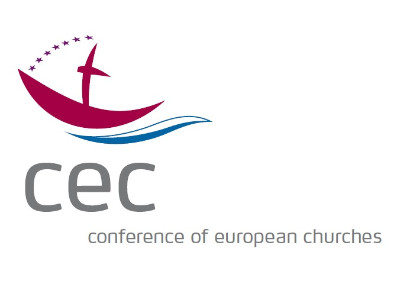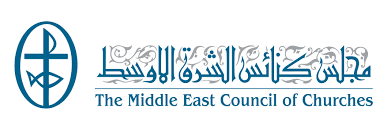European churches to deepen relations with churches in the Middle East

 A high-level delegation from CEC recently visited headquarters of the Middle East Council of Churches (MECC) in Beirut, Lebanon, 11 to 13 April.
A high-level delegation from CEC recently visited headquarters of the Middle East Council of Churches (MECC) in Beirut, Lebanon, 11 to 13 April.
The visit was meant for European churches to recognise the urgency of deepening relations with churches in the Middle East and to learn from one another. The visit comes at a time when there are heightened tension internationally with regards to the conflict in Syria and on-going wars in the region – and – the ensuing refugee crisis.
The CEC delegation comprised of CEC President Rt Rev. Christopher Hill, CEC Vice-Presidents Very Rev. Karin Burstrand, Metropolitan Emmanuel of France and CEC General Secretary Fr Heikki Huttunen.
MECC Acting General Secretary Dr Souraya Bechealany received the CEC delegation and introduced them to the recent developments in the region.
“Both Europe and the Middle East have a long intertwined history, and with the Middle East being the cradle of European culture and the monotheistic faiths, we need to rediscover these links of culture, faith and tradition,” said CEC General Secretary Fr Heikki Huttunen.
At CEC’s 2018 General Assembly in Novi Sad, Serbia to be held end of May, Patriarch Aphrem II of the Syriac Orthodox Church will be one of the keynote speakers. His keynote address at the event highlights focus on the Middle East and will be a recognition that will naturally feed into the programmatic work of CEC over the next few years.
The visit to the MECC made the CEC leadership listen to deeply concerned church leaders from across the region, with many communities in grave conflict situations with many of their people leaving for Europe and other parts of the global north.
His beatitude John X, Patriarch of the Greek Orthodox Patriarchate of Antioch welcomed the CEC delegation at the Patriarchal St. Elias monastery in Shwayya, Mount Lebanon, where the Patriarch travelled from Damascus especially for this purpose.
The CEC delegation also discussed the situation of minority churches with Rev. Dr Habib Badr, Senior Pastor of the National Evangelical Church of Beirut.
Syriac Orthodox Archbishop Daniel of Beirut also welcomed the European church leaders at his residence, where a wide range of matters of mutual concern were discussed. His Holiness Aram I, Catholicos-Patriarch of the Armenian Apostolic Catholicossate of Cilicia also warmly welcomed the group to the region and stressed the need to strengthen the exchange and ties between regions’ churches.
Finally, members of the Christian-Muslim Committee for Dialogue spoke to the CEC delegation about their multifaceted interfaith work and how many communities at the grass root are indeed ready to engage with what is considered to be the other side.
On their way back, CEC delegation made a stop-over in Istanbul to pay respects to His All Holiness the Ecumenical Patriarch Bartholomew I. At the Patriarchate in the Phanar, the Patriarch received the delegation and discussed with them the upcoming CEC General Assembly where the Ecumenical Patriarch will be among the speakers.
The Patriarch emphasised the openness and commitment of the Ecumenical Patriarchate to the ecumenical movement and to CEC, as well as to dialogue with all religions and all other partners of good will. During Bright Week following Easter Sunday, the Patriarch already received the presidents of the republics of Ukraine, FYROM and Bosnia-Hercegovina.
